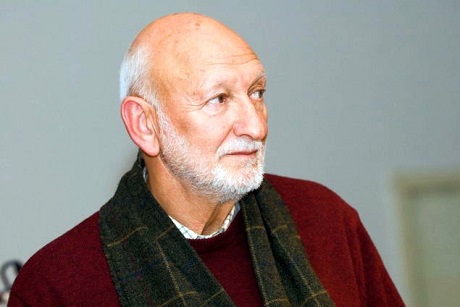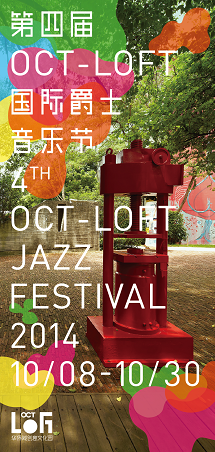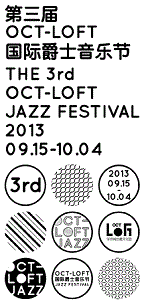
Golden Years of Soviet New Jazz New Music
Britain
Time
2014.10.21 20:00 – 22:00
Venue
Old Heaven Books, North District of OCT-LOFT
Speaker
Leo Feigin(Founder of Leo Records)
Introduction of the Lecture
What is new music? When, where, why and how has it emerged?
New music is a new philosophy, new outlook, and new attitude towards any organization of sounds. It’s a totally open, unprejudiced view of any piece of music where anything is possible. No conventions, no limitations. It is the music where any alien experiences welcome, where all influences are encouraged. The only thing that is taboo is clichés. This is the music that questions but doesn’t give any answers. It is inclusive and not exclusive. It celebrates diversity while remaining true to itself. Since a great part of this music is improvised, the author and the performer merge into one personality. That is why the personality of the performer becomes so important. New music has emerged out of a protest – however, a protest of a special kind. It is neither political nor social. It is spiritual; it is a protest against hypocrisy and consumerism, against banality and conformity. No wonder that new music found such favorable soil in USA and some European countries, including Russia.
And there will be a screening of the first two films in Russian New Music film series: “Sergey Kuryokhin & Pop Mechanics – Divine Madness” and “Slava Ganelin – Father of Russian New Music”, lasts for about 48 minutes and 25 minutes.
Introduction of the Speaker
Leo Records was founded in 1979 by Leo Feigin, who also known under his broadcasting name Aleksei Leonidov, a Russian immigrant to Britain. The label was particularly associated with establishing the world reputation of the Ganelin Trio during the 1970s and 1980s.
Leo Records is an English jazz record label, which releases Russian jazz in addition to material from American and British musicians.
It is generally associated with more experimental releases. The label has a close relationship with the artists who release material on the label; it does not sign artists to contracts, but releases their material on a single-album basis. By 2010 there were over 700 titles in Leo Records catalogue. Leo Records comprises four labels: Leo Records, Leo Lab (Leo Records Laboratory), Golden Years of New Jazz, and FeetFirst Records.
Introduction of Russian New Music film series
Russian New Music is a series of 10 films about the emergence of new (improvised/open/free jazz) music in the Soviet Union in the 1980’s.
Jazz has always played a very important role in the Soviet society among the intellectuals. In a totalitarian society it was a symbol of freedom and freethinking.
Since improvisation is the only art form that could not be censored. Until mid 1970’s Soviet musicians played jazz copying Americans. In the 1970’s, the situation changed – there appeared the first group that was not aping Americans but was playing their own original music. That was the Ganelin Trio, which became famous for its own brand of music.
By mid 1980’s new music was flourishing in the Soviet Union. The Soviet Union was falling apart and with the beginning of Perestroika new music was played in many parts of the Soviet Union. This music that was played underground got a chance to get into the open and be heard. There were outstanding performers in Leningrad, Moscow, Lithuania, Arkhangelsk, Volgograd, Siberia, Azerbaijan and many other areas of Russia.
These 10 films that were shown on British TV in 1989 document this movement. These films are in English with English subtitles. The first film entitled “Sergey Kuryokhin & Pop Mechanics, Divine Madness” is 48 minutes long, which consists of three parts about 16 minutes each part. All other films are 25 minutes long.
These 10 films are:
1. “Sergey Kuryokhin & Pop Mechanics – Divine Madness”
2. “Slava Ganelin – Father of Russian New Music”
3. “The Collective – Jazz Group Arkhangelsk”
4. “Voices of New Music – Sainkho Namchylak & Valentina Ponomareva”
5. “Vyacheslav Guyvoronsky and Vladimir Volkov – Trip through Yankee Doodle”
6. “Orkestrion – Letter from Volgograd”
7. “Folk Connection – Aziza Mustafa Zade & Misha Alperin”
8. “Balkan Suite – Anatoly Vapirov”
9. “Western Links – Petras Vysniauskas”
10. “Experimental Echoes – Zga, Aleksei Tegin and Natasha Pshenichnikova”
Website


